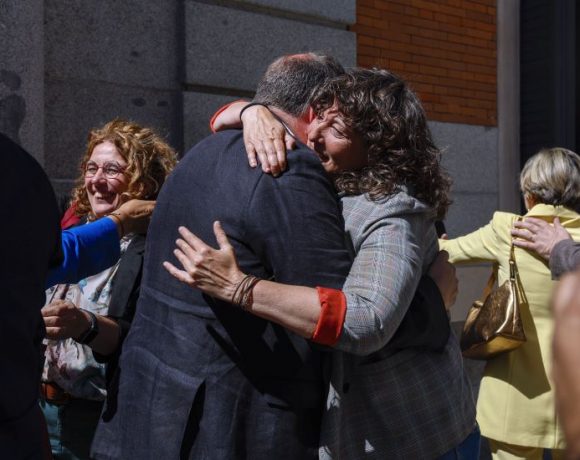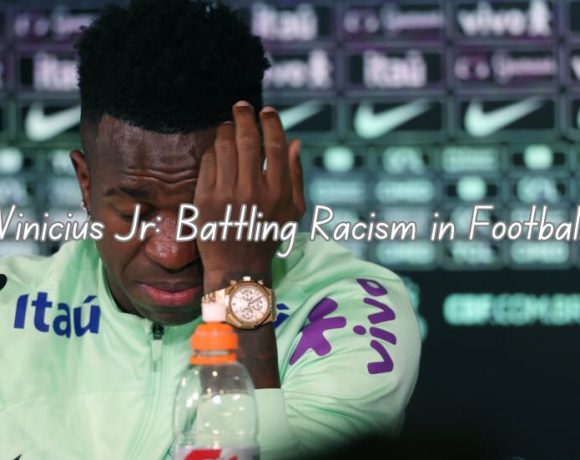
Catalan separatist leader Carles Puigdemont announced on Friday that he has returned to Belgium after successfully evading arrest during a brief visit to Spain, asserting he never intended to surrender. “I’m in Waterloo after extremely difficult days,” he wrote on X. Puigdemont has lived in self-imposed exile since 2017 following a failed attempt to secure Catalonia’s independence.
His return to Spain, after seven years away, was marked by defiance against an arrest warrant as he addressed supporters at a rally on Thursday. The dramatic escape unfolded like a scene from a crime film, eliciting outrage from opposition politicians and the judiciary.
Eduard Sallent, commissioner of the Catalan regional police, Mossos d’Esquadra, explained that officers waited until after the rally to avoid a public confrontation. However, after his speech, Puigdemont slipped backstage, put on a baseball cap, and jumped into a waiting car. While police rushed toward the vehicle, around 50 supporters wearing straw hats formed a barrier, allowing Puigdemont to flee.
Sallent admitted the operation to arrest Puigdemont failed but insisted the Mossos acted according to plan and did not appear foolish. He expressed skepticism about Puigdemont’s claim of being in Belgium, stating, “I do not rule out that this man is still in Barcelona,” and emphasized that they would not rely on assumptions.
The Supreme Court judge overseeing the investigation demanded explanations from the Mossos and the national government regarding the failure to apprehend Puigdemont. While the Spanish parliament has pardoned others involved in the 2017 secession attempt, the Supreme Court ruled this does not apply to Puigdemont, who faces embezzlement charges related to funding the independence referendum deemed illegal by Spanish courts. Puigdemont argues that the vote was legitimate, thus invalidating the charges.
As blame circulated over his escape, Spain faced increased political turmoil, with the opposition People’s Party (PP) calling for the dismissal of the interior and defense ministers over Puigdemont’s evasion.
Picture Courtesy: Google/images are subject to copyright









